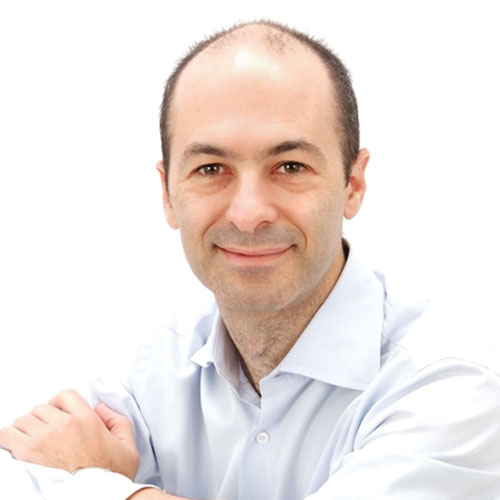The first thing the young Peruvian immigrant had to acclimate to in Annapolis, MD, was the heat and thick, choking humidity. In his native Peru, the climate was milder. While the weather was relatively easy to get used to, other adjustments were more challenging.
Rolando J. Portocarrero came to the United States to attend the Naval Academy after one year in Peru’s counterpart. There were various hurtles his previous military schooling could not have prepared him for. For example, how to make pop culture references to movies and baseball and how to properly use American slang. At first he found it unusual how gung-ho American naval students are about their military training and how that tilts the way they view leisure time.
“It was much more competitive than anything I’d ever experienced,” Portocarrero explains. “Military life is about teamwork, so my classmates and I were teammates. But there’s a big difference between being on a team and being friends.”
Gradually, Portocarrero adjusted to the culture with the same resilience and flexibility that would someday help him found his own company, lead a team, and establish his reputation as a financial expert. As a sophomore in the academy, he worked to immerse himself in American popular culture, and gained a tight-knit group of friends.
Eventually, Portocarrero realized he wanted more control over his destiny than he was afforded in the Navy. He decided the best way to reenter civilian life was by attending graduate school, so he chose to do an MBA in finance at Rutgers. Portocarrero had assimilated once before, but this time, he had to do it independently.
“It was like night and day,” Portocarrero admits. “Although you have to become resourceful and strong-minded in the military, many things are set up already. In civilian life, there is no such thing. It’s a free-for-all. The level of organization in the military actually makes things much simpler.”
Portocarrero worked for several companies after completing his master’s degree in finance. He founded his own consulting firm and has filled finance and strategy roles at Health Partners Plans, Capital District Physicians’ Health Plan, Health Plus, and Health Net.
Today he serves as a “turnaround expert,” using his experience to build techniques that will help the company overcome strategic and operational challenges. Consulting is a good role for Portocarrero, who prefers to plot strategies for struggling companies rather than performing maintenance work for one company on a day-to-day basis. “I am too inquisitive and dynamic to sit back and say, ‘Numbers are the same. Times are good.’ I like to work with the development side and find innovative ways to get new products out or find better, more cost-effective ways to produce them,” Portocarrero explains.
In addition to his role advising companies, Portocarrero enjoys mentoring Latino youth. Many immigrants and their children, he asserts, focus solely on education, but there is far more to achieving success than just attending school. “You can eventually acquire an education, but if you don’t have respect for your elders, for yourself, for your company, and for where you come from, you’ll be taking a much, much longer route to get anywhere,” he advises. “Just about anything starts with respect.”

